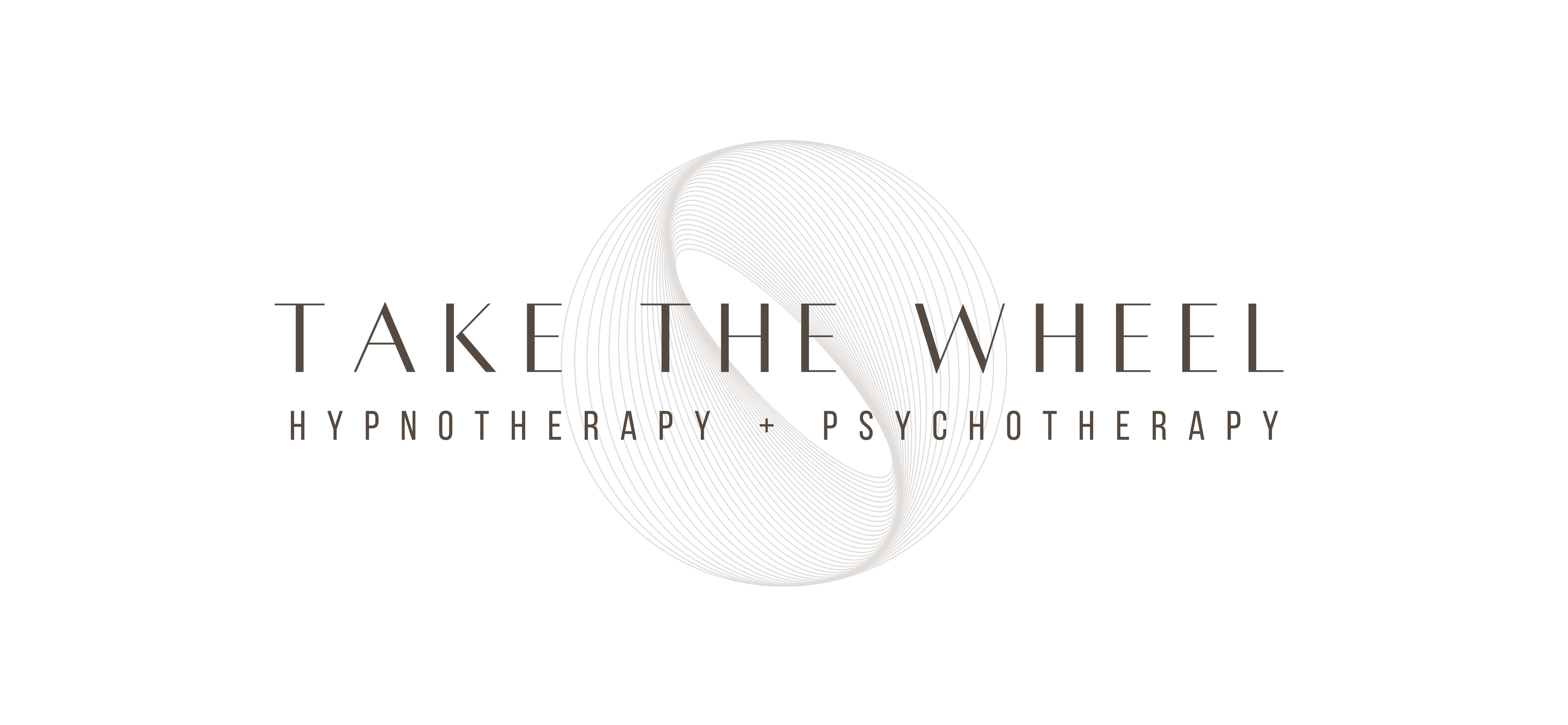hypnotherapy for depression
Depression can be paralyzing. Hypnotherapy can help you uncover the underlying cause of your depression and make changes at the deepest level for lasting relief.

Depression
Have you been feeling sad and unmotivated for a while and unable to pull yourself out of it using will-power alone?
Have you been feeling empty or numb, like there’s no point to doing each day, with seemingly no reason?
Have you tried ‘positive thinking’ to help your depression, with no significant or lasting results?
That’s because depression is not just in your mind – it’s in your body too.
The Stress Response
The fight/flight/freeze response is a biological radar system that’s been programmed into humans since prehistoric days. Our cave-dwelling ancestors were often saved by the dramatic changes that took place in their bodies when confronted with danger. However, these days, there’s very little chance a tiger is going to jump out of the bushes and attack us on our way home from the shops.
Our stress response is activated in response to situations – real, imagined or predicted – that may threaten our sense of safety, security or comfort. These days, this is typically in response to modern day non-life-threatening dangers or associations that our brain has made based on past experiences.
Unfortunately, this mechanism still functions the same way it always has – in black-and-white, life-or-death – which is why we find ourselves fighting, fleeing or freezing in different forms throughout our everyday lives. These automatic ‘safety behaviours’ often take the form of us thinking, feeling and doing things that are irrational, inappropriate for the situation or otherwise not what we really want for ourselves.
What is depression?
Depression is the freeze part of your stress response system, when you feel helpless to take action against some kind of real, imagined or predicted threat or danger. Feeling low, sad or unhappy is a normal even if it arrives without any warning or reason, and it usually passes with time. However, depression is the point when you feel you can no longer cope with the stress you’ve been experiencing and your nervous system has gone into energy-conservation mode. Here, you may experience:
- Feeling sad and unmotivated for two weeks or longer
- A lack of enjoyment in things that usually make you happy
- Withdrawal from friends and family
- Feeling empty or numb
- Persistent negative thoughts
- Numbness
- Shame or guilt
- Feeling shut-down
- Lack of motivation
- A sense of not being present
- Running on auto-pilot
- Disorientation
- Feeling flat
- Memory loss
- Tiredness/lethargy
You may find yourself:
- Separating from others
- Sleeping for long periods of time
- Seeking stimulant substances like caffeine, sugar, nicotine or hard drugs
What causes depression?
Depression is often due to a combination of recent events and/or long-term personal factors, rather than a single recent event. However, recent events (such as losing your job) or a combination of events can ‘trigger’ depression if you’re already at risk because of previous bad experiences or personal factors. Depression may be caused by any number of the following:
Nervous system dysregulation
Our biological stress response is designed for short bursts of activation, followed by adequate recovery. Without adequate recovery, or when our stress response is activated too frequently or too consistently, we get ‘stuck’ in fight/flight/freeze and our autonomic nervous system becomes dysregulated. In this state, we can feel perpetually overwhelmed with life’s stressors and unable to cope. Some experiences that can cause nervous system dysregulation include:
- Past traumatic experience without adequate recovery (learned expectancy)
- Insecure attachments with primary caregivers in childhood (unmet emotional needs – learned expectancy)
- Lack of healthy coping strategies modelled in childhood
- Unhelpful beliefs about yourselves and our capacities
Life events
- Experiencing an abusive relationship
- Long-term isolation or loneliness
- Prolongedwork stress
- The lasting effects after a traumatic event
- Ongoing stressful situations
- A big life change/s
- Long-term unemployment
- Experiencing grief or loss
- Going through ongoing physical illness or pain
Personal factors
- Family history – Depression can run in families and some people will be at an increased genetic risk. However, having a parent or close relative with depression doesn’t mean you’ll automatically have the same experience. Life circumstances and other personal factors are still likely to have an important influence.
- Personality – Some people may be more at risk of depression because of their personality, particularly if they have a tendency to worry a lot, have low self-esteem, are perfectionists, are sensitive to personal criticism, or are self-critical and negative.
- Serious medical illness – The stress and worry of coping with a serious illness can lead to depression, especially if you’re dealing with long-term management and/or chronic pain.
- Drug and alcohol use – Drug and alcohol use can both lead to and result from depression. Many people with depression also have drug and alcohol problems. Over 500,000 Australians will experience depression and a substance use disorder at the same time, at some point in their lives.
Medication for depression
Modern anti-depressant medications affect your brain’s chemical transmitters (serotonin and noradrenaline), which relay messages between brain cells. This can help to regulate your moods when you’re experiencing depression, but it doesn’t address the underlying cause. They can also come with unwanted side effects.
Hypnotherapy for depression
Hypnotherapy is a highly effective treatment for depression because it addresses the mind-body stress response system that’s generating your depression, including your subconscious mind and nervous system. Treatment with Mel focuses on increasing awareness around the ‘freeze’ part of your stress response system and its triggers, improving strategies to better cope with stress, feel better quickly, return the body to its healthy balance and avoid making the situation worse, and exploring and updating your system to reduce experiences of ‘shut-down’ mode in the first place.
We’re treating more than just the symptoms. We’re taking into account the memories and patterns held in your subconscious and the influence they continue to have on your current experiences.
Part 1: Improve coping and recovery
Hypnotherapy allows you to interrupt your unwanted automatic thoughts, feelings and behaviours and replace them with more helpful responses of your choice directly with the subconscious mind that drives this process. You get to implement and rehearse thought/feeling-replacing techniques in the safe and controlled environment of hypnotherapy. Repetition of these strategies in hypnosis using a recording you will receive aids in building those new neural pathways and making your new responses more automatic in your daily life.
Part 2: Update your subconscious perceptions
The second part of treating depression with Mel is to look into why your system is perceiving a threat that you’re unable to manage and reacting with initiating ‘system shut-down’. Using hypnotherapy, you can explore the origin of your automatic reactions and make changes at their deepest level. This may involve changing unhelpful patterns and reframing the subconscious stories you hold about yourself and memories of past experiences. This reduces the frequency and intensity of automatic freeze activation. You get to teach your system that you are safe and capable of handling life’s challenges.
*Note that this process may not be linear and may not involve all these aspects. Treatment is very personalised and depends greatly on the issue you’re experiencing and what you feel you need.
Free 15 minute phone consultation
This lets me get an idea of what you’re seeking support for and gives you the chance to make sure I am the right person for you. It is my highest priority to offer you a safe, confidential and compassionate space.
Video or in-person sessions are available. My techniques and methods work just as powerfully online as they do in-person.
